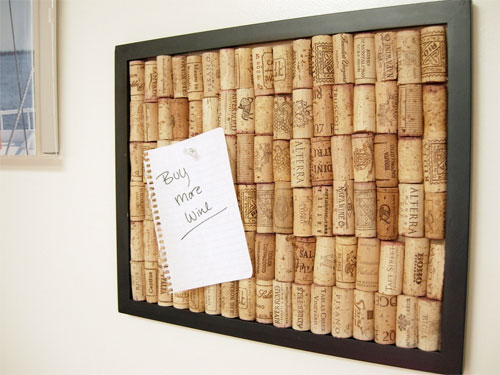My SMART goal: I will read/watch 2 environmentally related articles/videos each week. They will be from a variety of reliable sources.
This week, something that helped me be successful was getting my National Geographic Magazine in the mail.
But, something that made it more difficult was being super busy with school, so it was easy to push this to the back burner compared to some other things I had to get done. It was a crazy, crazy week!
What I learned #1:
This one was a little smaller scale than some past posts, but still very dear to my heart in a way:
cranberries.
Haha, kind of gross looking (shaped like the can it came from), but I love, love, love cranberry sauce. And with Thanksgiving quickly approaching, it's been on my mind!
In the most recent issue of National Geographic (November 2011) that showed up in my mail box, there was a short article titled "Cranberry Nation".
A few quick things I learned:
- It wasn't a Thanksgiving staple until the 19th century
- It is a US native (along with blueberries and pawpaws)
- They are healthy! Good for urinary tracts and possibly for preventing cancer!
- Wisconsin produces more than any other state (18,000 acres) - glad we live so close!!
Short but sweet. Now my mouth is watering, so I move on to the next subject.
What I learned #2:
Well, I sort of failed my goal in this aspect - I didn't get my articles from different sources this week. But, they were very different subjects. Plus, magazines are meant to be read all the way through.
The second article I read was titled, "This Baby May Well Live to 100". It caught my eye for two reasons: 1) That's old! So I wanted to know why, and 2) I recently attended a presentation, which told me that the generation growing up now will have shorter life expectancies than their parents.
So, to summarize the article, it said that more than half of babies born in "wealthy nations" will someday be
centenarians. The author touches on the gap between life length in industrialized countries, compared to places like sub-Saharan Africa (life expectancy of 53 years).
Longer lives are due to things like earlier diagnoses of disease and more access to buildings (handicap parking/ramps).
They close with a few tips if you want to live to be 100: be a woman, don't smoke, have money and don't become overweight.
Secondly, I was intrigued by the contradicting information I had been given.
I took this screenshot of the quote, which can be found
here on the Alliance for a Healthier Generation website.
I plan on looking into this some more, and I'm sure there are many factors to consider for both statements.
Review:
Yes, my goal did change slightly. Right away I decided to do only 2 news reports instead of 3. I realized that 3 might be just a bit too much, and I didn't want to get caught up in having to meet a number, instead of really learning from what I was reading or watching.
Things that helped me be successful included a magazine subscription, Facebook friends who partake in current events, and Google. There were a lot of big things that happened while I was posting, so it was easy to find topics most of the time. And the huuuuge amount of information available online was great. In the future, I think without a specific number to meet, I'll probably just keep up-to-date on topics that interest me, which might be easier.
I learned a lot! Too much to summarize here. But, what I learned about myself is that I DO like news, even when it's not all happy. It is very important to know what it happening in this world I live in.
I hope others benefited by reading my posts. Education is important - without it people don't care, or don't know how to change or help. If even one of my posts helped someone spread information or make a lifestyle change of their own, then I had an impact.
YES I will for sure continue this change.
Advice to others who want to make a lifestyle change:
Make sure you want to do it. And if you need to make adjustments along the way, that is perfectly okay. Don't base your change off of what someone else has changed for themselves, because everyone is different. And, have fun with it - no matter what it is!: if you want to use rags instead of paper towels, find fun colors! If you want to eat healthier, look up exciting new recipes! Or, if you want to keep up with news, read thing that get your attention and tug at your heart-strings.







